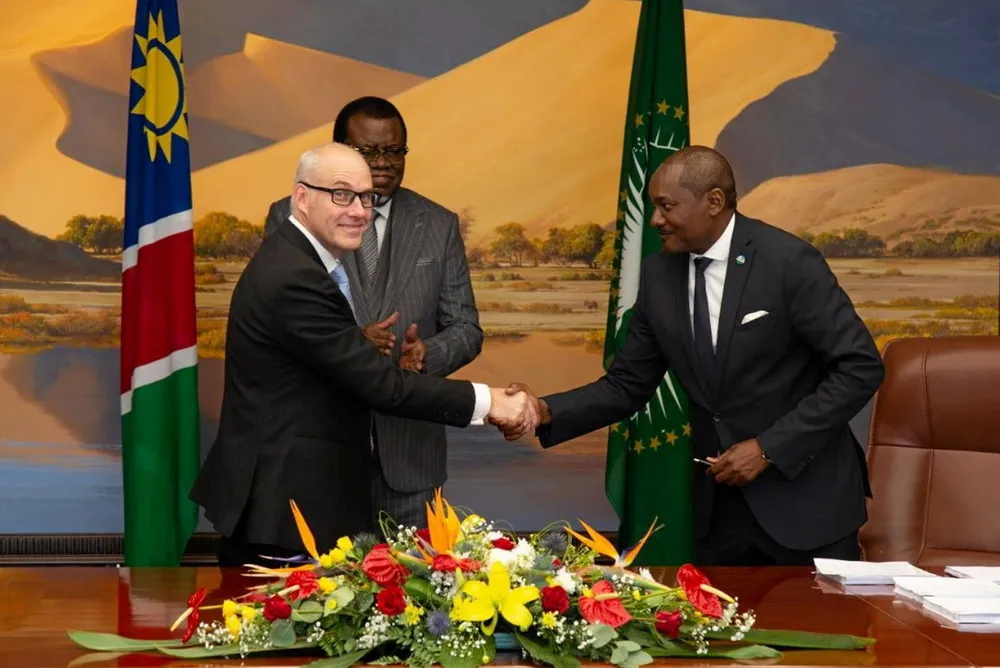Namibia agrees deal to progress $10bn green hydrogen project — a sum nearly equal to nation's GDP
The 3GW Hyphen project will produce two million tonnes of ammonia for export to Europe, with offtake MoUs already in place for half this volume

The 3GW Hyphen project will produce two million tonnes of ammonia for export to Europe, with offtake MoUs already in place for half this volume
